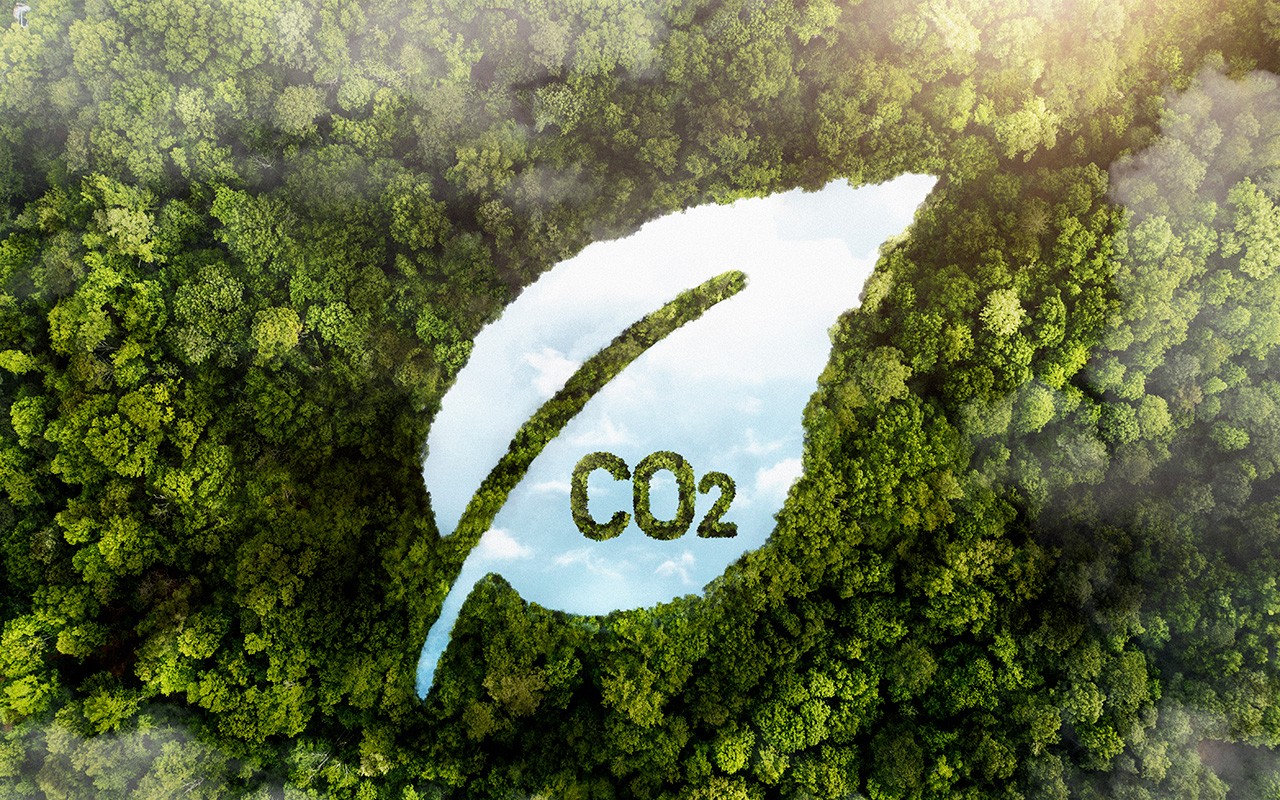Home > News & Tips > Knowledge > Carbon Tax 01: CBAM, a measure to adjust carbon prices before crossing the European Union (EU) border
Carbon Tax 01: CBAM, a measure to adjust carbon prices before crossing the European Union (EU) border
May 23, 2023 | 1164 views
The collective effort to address the issue of global warming has become crucial and urgent for all countries worldwide. The role of “Carbon Tax” is one of the topics that many businesses need to adapt to in order to be prepared for the changes, especially since the EU has set ambitious targets to reduce greenhouse gas emissions. This has resulted in industries that emit high amounts of CO₂ in every country having to comply with the CBAM measures.
What is CBAM?
- The Carbon Border Adjustment Mechanism (CBAM) is a policy measure that originated from discussions among the Members of the European Parliament (MEPs) in order to reach an agreement on a carbon price adjustment mechanism before crossing borders. It is commonly referred to as CBAM and is a measure implemented under the framework of the European Green Deal policy.
- CBAM is set to be enforced starting from October 1, 2023 onward
- The 7 product categories covered by the Carbon Border Adjustment Mechanism (CBAM) are:
- Iron and steel
- Aluminum
- Cement
- Fertilizers
- Electricity
- Hydrogen
- Certain listed goods with a carbon footprint, such as nuts/screws made of iron and steel, which generate indirect emissions from the production of electricity used in their manufacturing process.
- The European Union aims to reduce net greenhouse gas emissions by at least 55 percent by 2030 and achieve net-zero emissions by 2050.
- To promote cost parity between carbon emissions in goods produced within the EU and goods produced outside the EU, carbon pricing is implemented. This encourages EU trading partners to reduce their greenhouse gas emissions significantly.
- The Carbon Border Adjustment Mechanism (CBAM) serves as an indirect pressure on manufacturers to improve their production processes to be more environmentally friendly and invest more in clean energy, thus reducing carbon emissions.
what you should know about CBAM
- During the transitional period from 2023 to 2025, businesses in seven product groups are required to report the greenhouse gas emissions data of their products to the EU, but no fees have been specified yet.
- Starting from January 1, 2026, importers will be required to purchase CBAM certificates based on the amount of greenhouse gas emissions associated with their imported goods and pay a carbon tax accordingly. The scope of targeted industries will be expanded to cover industries regulated under the EU ETS system, such as basic chemicals, plastics and polymers, glass, ceramics, paper, and more.
- If importers fail to submit CBAM Certificates within the specified timeframe, they will be penalized at a rate of three times the value.
- Exporting businesses to the EU must adjust their production processes, assess their carbon footprint, and measure and report the quantity of CO2 emissions resulting from their production processes according to the prescribed standards.
Was this article helpful?
YesNo





